Money
Birgunj bounces back as border closure ends
Om Prakash Gupta, a daily wage earner in Birgunj, is happily back at work after being unemployed for a long time when the city was shut down due to political agitation.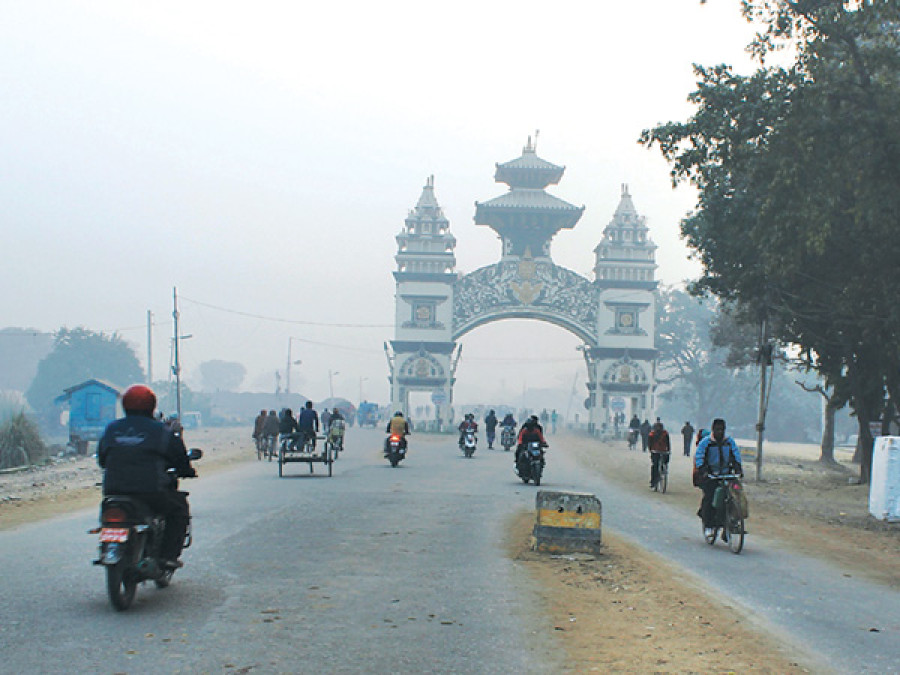
Shankar Acharya
Om Prakash Gupta, a daily wage earner in Birgunj, is happily back at work after being unemployed for a long time when the city was shut down due to political agitation.
A much relieved Gupta said he had to suffer extreme hardship as he was left without work for months. “The six months was a difficult period,” said the 35-year-old Gupta. “Now everything is back to normal.”
Birgunj, the country’s largest transit centre for international trade, is now gradually returning to its bustling self.
Like Gupta, many daily wage earners have started getting their jobs back. Shree Bhagwan Sonar, who sells sugarcane juice at Mahabir Chowk, has also restarted
his business. “The market is back to normal and so is our business.”
Everyone from workers to industrialists suffered during the six-month-long Tarai unrest. The obstruction at the major trade point had dealt a severe blow to the country’s overall economic activities.
Birgunj, which is located on the border with India, is one of Nepal’s key economic centres as it is the main transit point for the country’s foreign trade. Around 70 percent of Nepal’s exports and imports pass through Birgunj, and the government collects 50 percent of the total customs revenue from the Birgunj Customs Office.
Government officials said that Birgunj Customs Office had lost more than Rs41 billion in revenue during the six months that economic activities came to a halt. Pradip Kumar Kedia, president of the Birgunj Chamber of Commerce and Industry, said that after the border obstruction was lifted on February 5, more than 60 percent of the factories resumed operations. There are 1,200 big and small factories in the Bara-Parsa Industrial Corridor.
Kedia said that 40 percent of the factories that had not returned to production faced shortages of raw materials and workers. “These factories are also expected to resume operations soon.”
Meanwhile, it is also back to business as usual for the Birgunj Customs Office. The customs yard is filled with cargo trucks. It collected Rs1.53 billion in customs revenue during the period February 5-18 after the city started humming again.
“We have been collecting Rs130 million in revenue daily,” said Lok Raj Panta, chief of the office. He added that petroleum products, vehicles and industrial raw materials were the major imports these days.
According to government officials, around 600 cargo trucks have been entering Nepal through Birgunj daily. Sirsiya Dry Port, which was not affected much during the Tarai unrest, has also seen increased trade activities. The dry port has been collecting Rs60 million in revenue daily.
The dry port has targeted collecting Rs9.66 billion in the first seven months of the fiscal year, and it has achieved 80 percent of the goal so far.




 14.12°C Kathmandu
14.12°C Kathmandu
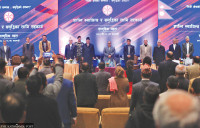

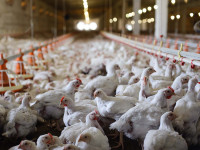




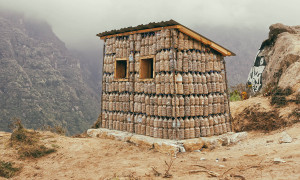


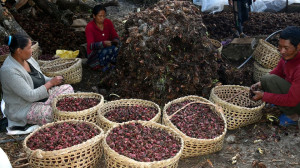


%20(1).jpg&w=300&height=200)
